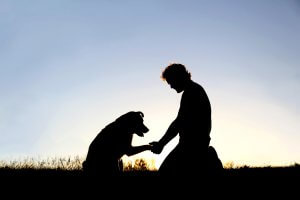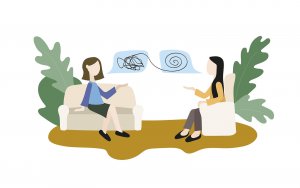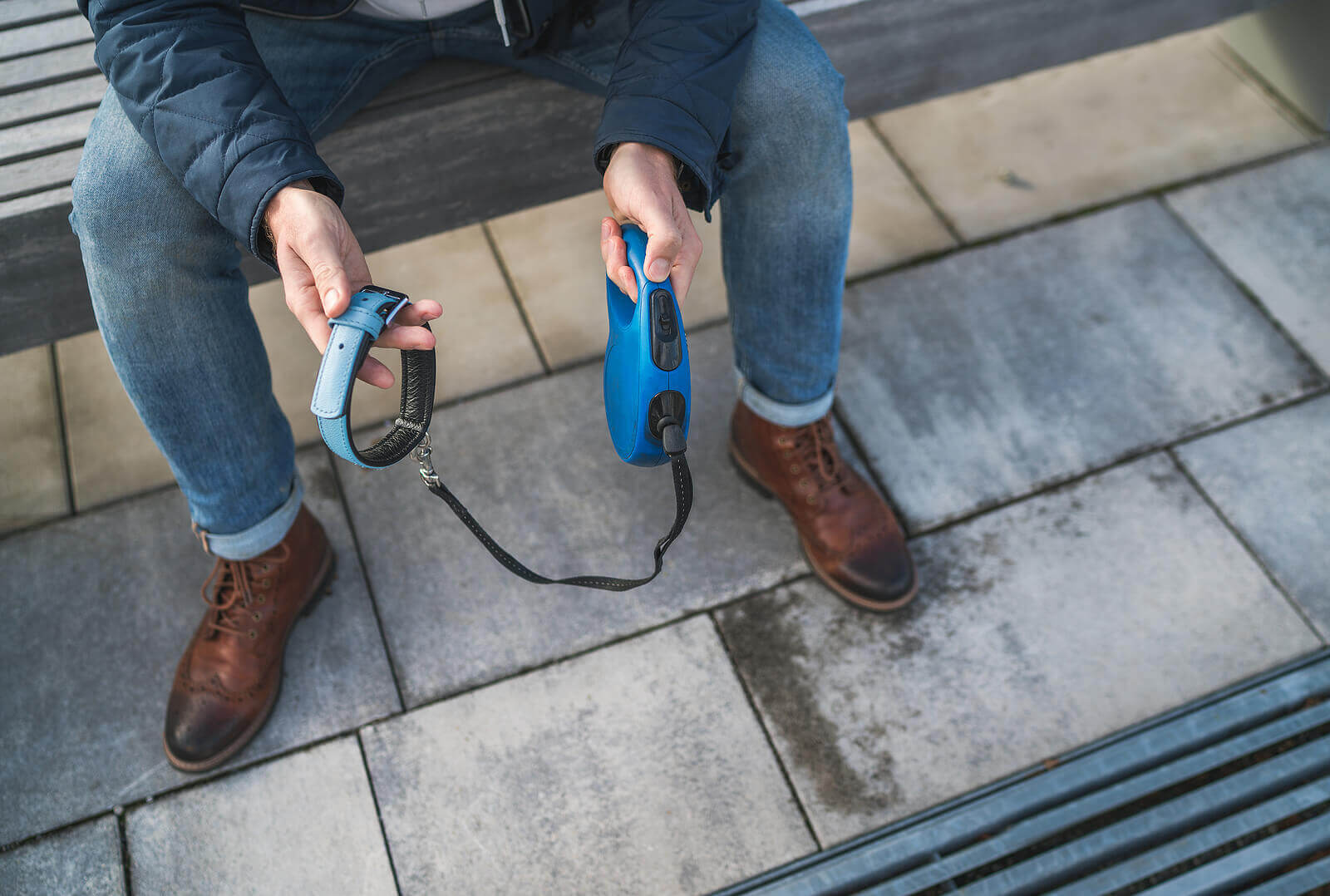This has been a tough month for me, I said goodbye to my adorable, 9.5-year-old, lion head bunny, Agnes. While she was only 3lbs, she was a huge part of my life. If you’ve just recently lost a pet, I am so incredibly sorry for your loss. I am sending over a big virtual hug. Nothing really compares to this sort of pain. Our animals are more than just pets to us; they’re family. It feels really raw, painful, and confusing right now. You might be searching for answers or something to put your mind at ease. You don’t have to be alone in your grief journey.
Coping with difficult feelings from euthanizing a pet
To make that final call for your pet is one that does not come easy. There will always be the “what ifs” or questioning whether you’ve made the right choice following putting your pet to sleep. Even if you were informed by the veterinarian that there were limited options or low chances of your animal living a quality life, it is still a really complicated and hard choice to make. In the end, you were putting your animal first by giving them peace. While this broke your heart, you chose not to hold onto them while their body was in pain or not functioning as it once did. Guilt after euthanasia is normal, but let’s reframe it: this was the very last responsibility in your care for them as a pet parent. This reframing may help ease the difficult feelings.
You don’t need to assign a meaning to this right away
You may have heard from other loved ones, “well, this teaches us to hold each other a little closer and not take anything for granted.” Yes, and while that’s true, you don’t have to find the “silver lining” to this heartbreaking loss you just suffered. It sucks. It hurts. Allow yourself to feel those feelings. If the comments from friends and family feel too overwhelming at this time, feel empowered to share them with them. Let them know what you need to hear instead. You know their intentions are good, but you can (lovingly) set the boundary. Let your loved ones know that these comments about finding meaning feel very invalidating. Be honest with others that you’re not ready to explore that piece of grief at this time. Perhaps you can say, “It means a lot that you’re here to support me after losing [insert pet’s name]. Right now, it doesn’t feel comfortable for me to explore the meaning behind this loss. It’s still too fresh.”
Finding a new routine
If you had your pet for a while, you most likely had a routine you followed each day. The days following the loss of your pet will sting. The sudden shift in your routine can feel disorienting, unsettling, and painful. You might feel loneliness no longer waking up with them in your room and no longer needing to feed them breakfast. It’s normal to feel sadness when realizing you no longer need to take them for their daily walk. These unfulfilled tasks serve as a reminder that your pet has passed. Know that these subtle, yet gut-wrenching reminders are normal. While you cannot make the pain go away, you can recognize that the hurt you are currently feeling really is just all the love that you have for your animal.

Give yourself time
No timeline says when you should be “healed” from losing your pet. It’s a big loss for a soul who was very much a part of your everyday life. Grief can leave you feeling physically and emotionally drained. Rest might be necessary in the days following the loss of your pet. It’s okay to feel fine one minute and notice yourself teary-eyed or downright bawling the next. Your emotions are valid and you should take the time you need. It is also important to not compare your grief journey to that of someone else’s. Each person has their own grieving process and may be impacted differently, even if they are in the same household mourning the loss of the same animal.
Use your support system
While sometimes it might feel best to seclude yourself and spend time alone, it can be helpful to reach out to people who understand. Even if you do not have friends or family who can relate to your pain, there are resources such as Facebook groups for support with pet loss.
If you’re finding that it is too difficult to bear this on your own, reaching out to a licensed mental health professional may help. A therapist can provide the space to empathize, validate, and help you honor your pet. Your veterinarian’s office may also be able to provide referrals for psychotherapists who specialize in pet loss.
Learn More About Grief Counseling in Westfield, NJ

- Contact Brave Minds Psychological Services
- Meet with a caring therapist
- Move through your grief journey toward healing
Other Services Offered at Brave Minds Psychological Services
We offer a variety of mental health services at our Scotch Plains, NJ-based practice. These services include counseling for teens, trauma therapy, anxiety treatment for children, anxiety treatment for teens, child sexual abuse therapy, and sexual assault counseling for adults. In addition, we also offer teen social phobia therapy, adult anxiety counseling, couples counseling, counseling for parents, postpartum counseling, birth trauma therapy, and food allergy therapy.




